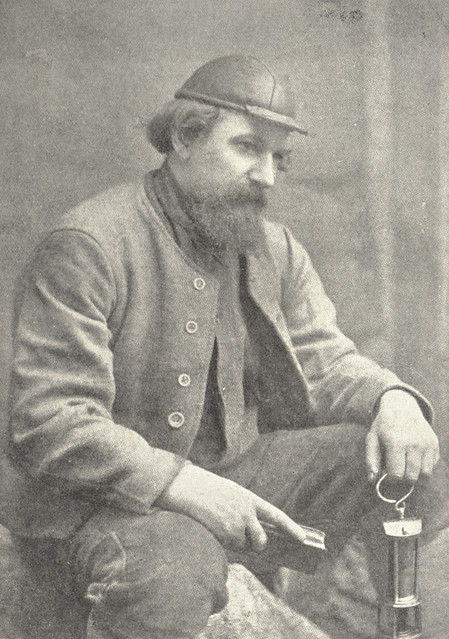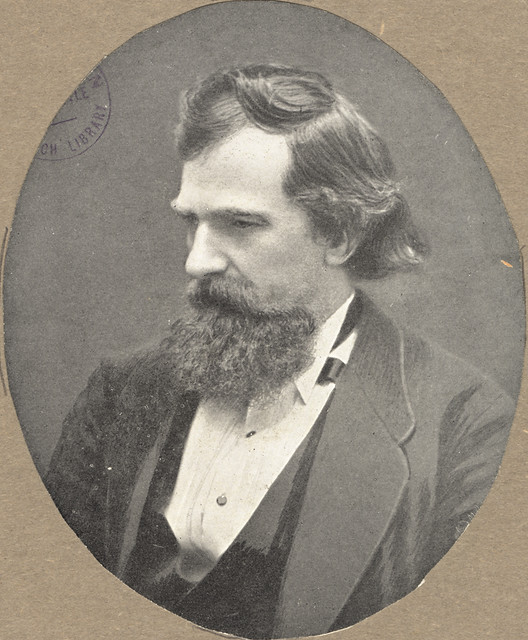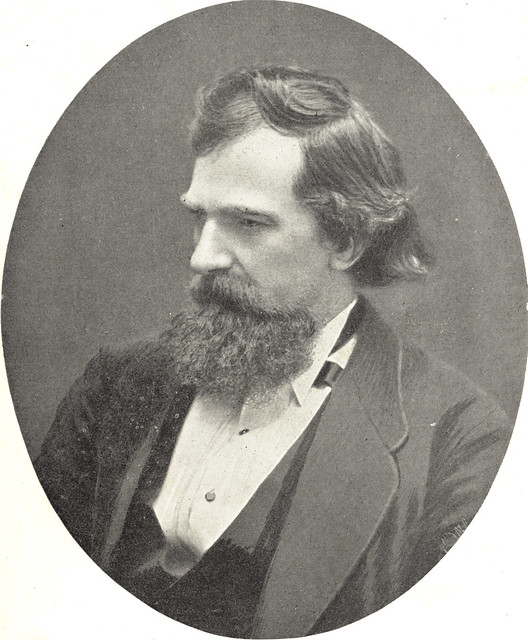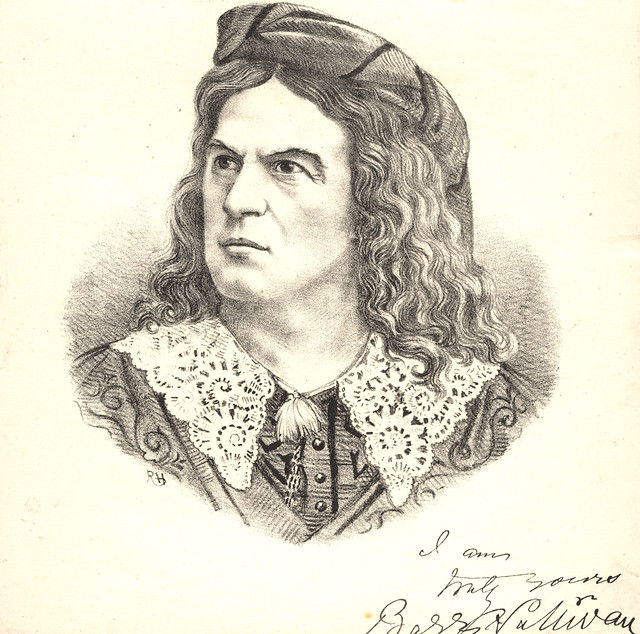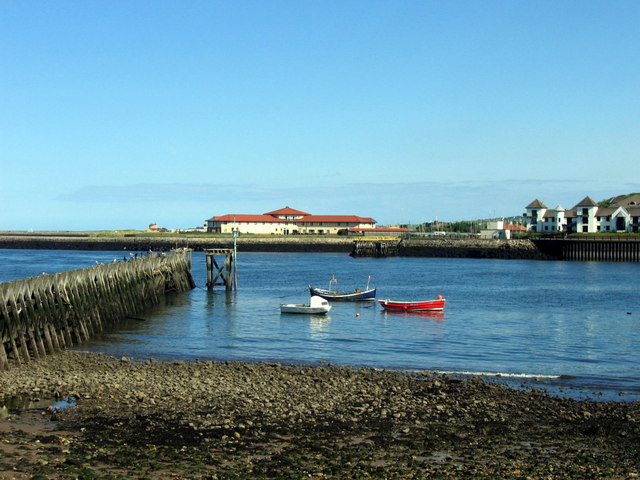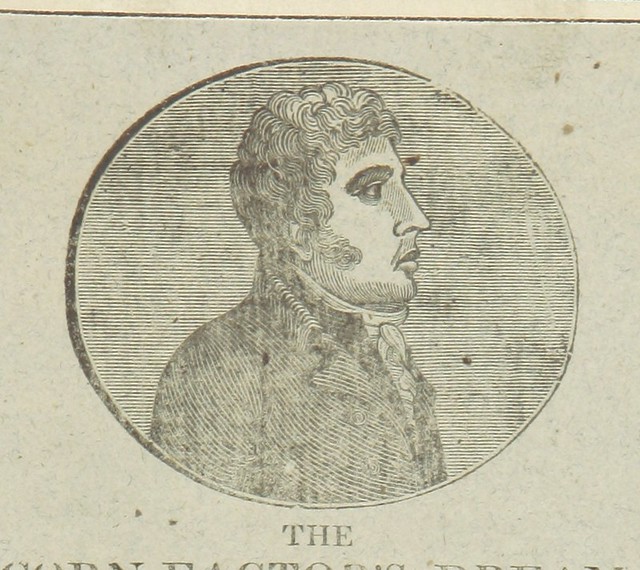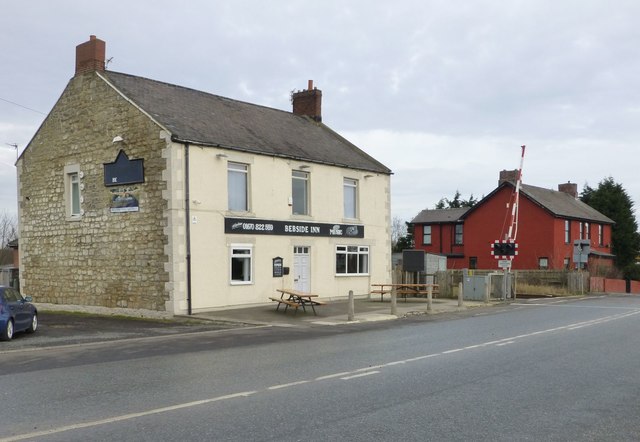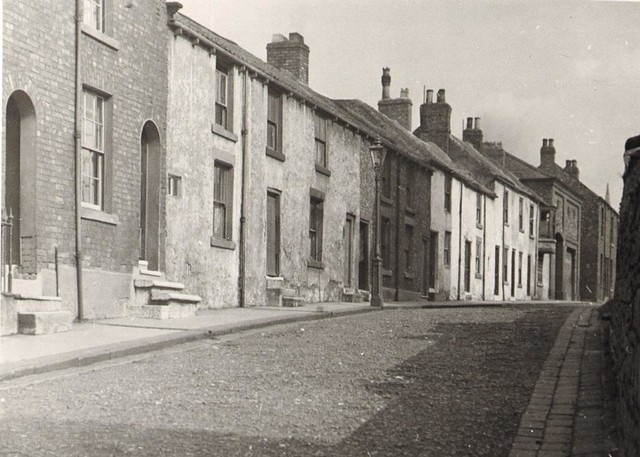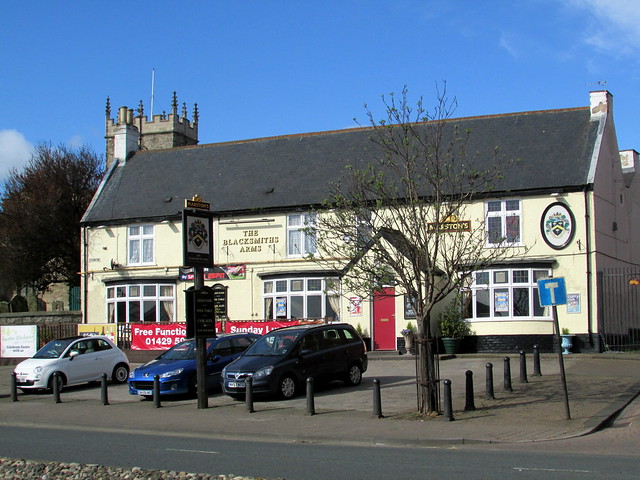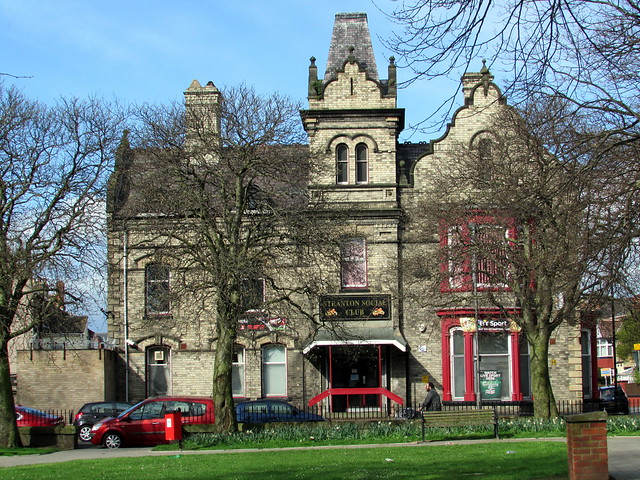Topics > People in History > Joseph Skipsey (1832 - 1903)
Joseph Skipsey (1832 - 1903)
Joseph Skipsey (1832 – 1903) was a Northumberland born poet and songwriter in the middle and late 19th century. His best known work is arguably "The Hartley Calamity" about the Hartley Colliery Disaster, a devastating mining accident in Hartley, Northumberland, England in 1862 in which 204 lives were lost.
He was known as "The Pitman Poet".
Birth and early life
Joseph Skipsey was born in Percy Village (generally known after the name of the colliery Percy Main), in the Parish of Tynemouth on 17 March 1832. His father Cuthbert, an overman at Percy Main Colliery, and mother, Isabella, had many children, of whom Joseph was the eighth.
Joseph Skipsey faced an early tragedy when his father, Cuthbert, was shot dead on 8 July 1832 in the wake of a long and bitter miners' strike. On the Sunday evening, an "affray" occurred between a group of miners and special constables. Cuthbert Skipsey, an overman and someone who the pitmen would look up to, stepped forward in an attempt to defuse the situation. One of the specials, George Weddell, pushed him away and shot him with his pistol. Weddell was arrested, tried, found guilty of manslaughter, and sentenced to six months hard labour.
Like many children of that era, Joseph Skipsey started work in the local pit. He started at the age of seven as a trapper, teaching himself to read and write using pieces of discarded newspaper, adverts etc. progressing to some of the classical British authors and then to write his own stories, poems and later songs.
Marriage and family
In 1852 he walked to London in his search for work and found employment there on the railways. It was here that he met his future bride-to-be. They returned North and he found a job at Choppington, and then Pembroke Colliery, near Sunderland.
Joseph Skipsey married Sarah Ann (née Fendley - born ca1829) from Watlington, Norfolk in December 1868 and she bore him five sons (including Joseph b1869 and Cuthbert b1872) and three daughters (including Elizabeth Ann b1860 and who was living at Harraton at the time of her father’s death). The three named children were the only ones to outlive their father.
Later life
His first volume of his own works was published in Durham in 1858, a copy of which came to the attention of James Thomas Clephan, at that time editor of the "Gateshead Observer", a relatively new newspaper and the first in Gateshead. When told by Skipsey of his dire situation, Clephan obtained a job for him at Hawks Crawshay and Son ironworks in Gateshead. All copies of this publication appear to have been lost,
Following the death of one of his children, Skipsey moved to Newcastle in 1863 and became an assistant Librarian at the Literary and Philosophical Society of Newcastle upon Tyne for a short time. The job did not seem to suit him, and as the pay was poor, he returned to a job in the pits, this time at Backworth, where he remained until 1882.
On the death of three of his children within the space of a month, he wrote in the family bible: "On October 16th my son Cuthbert died in his fourteenth year, on the 24th of the same month so did my little Emma 1 year and 9 months old and the 30th our dear Harriet in her seventh year leaving us with our Elizabeth Ann Pringle only. The children died from scarletina. Let me say that three more lovely and affectionate children were never born in this world. Their loss has bowed their parents head down to dust of our reflections and their deaths have enlikened the belief that the dear jewels were wrongly treated. Joseph Skipsey. March 8th 1869. Also William - he was killed by a waggon on the Tyne Main Way near Gateshead on 7 September 1860."
By 1882 he was 50 years old and starting to feel his age, and so when a position of caretaker became vacant at a new Board School at Mill Lane, Newcastle, he applied for, and won the post. This school was very successful and grew in size, until the workload became too much for him and his wife
In September 1888 he moved to the position of Porter at the newly extended Armstrong College, but even this was hardly the job for a man of letters.
He moved to Stratford-upon-Avon in 1889 when he and his wife were appointed joint custodians of Shakespeare's Birthplace, being chosen from a list of 132 applicants. After less than two years he became disenchanted with his job which (he confided in a letter not to be opened until after his death) involved dealing with relics which had "no definite history" and having to "perpetuate error and fraud" on the visitors and general public. Skipsey's experience probably inspired Henry James' story "The Birthplace".
He and his wife returned to Tyneside, where they lived off his pension, residing, in turns, at the homes of their surviving children.
Death
Sarah Skipsey died 9 August 1902 age 73.
Joseph Skipsey died in the house of his son Cuthbert at 5 Kells Gardens, Low Fell, Gateshead, on 3 September 1903, aged seventy-one. He was interred in Gateshead Cemetery. Two of his five sons and the eldest of three daughters survived him.
Prose
Skipsey wrote many articles including several in the form of biographies on other authors including Burns and Shelley
Collections
- Lyrics (1858)
- Lyrics (1859)
- Poems, Songs, and Ballads (1862)
- The Collier Lad and other songs and ballads (1864)
- Poems (1871)
- A Book of Miscellaneous Lyrics (1878)
- A Book of Lyrics (1881)
- Carols from the Coalfields (1886)
- Carols, Songs, and Ballads (1888)
- Songs and Lyrics (1892)
- Selected Poems [of] Joseph Skipsey
Poems
Among the dozens of poems written by him are :-
- Get Up!
- The Hartley Calamity (1862) recounts the tragedy of the 204 men and boys (most of the male population of the village) who suffocated in the colliery after a six-day struggle to dig them out
- Willy to Jinny
- Kit never went down
- The Collier Lad
- Mother wept
- Mary of Crofton
- Jemmy stops lang at the fair – appears on page 12 of J. W. Swanston’s Tyneside Songster
He also edited some volumes for the "Canterbury Poets." Memoir by R. Spence Watson (1908).
Visit the page: Joseph Skipsey for references and further details. You can contribute to this article on Wikipedia.
from https://commons.wikimedia.org…
Poportrait photograph of poet Joseph Skipsey c.1850s
- Public domain image c/o Wikimedia Commons.
Added by
Simon Cotterill
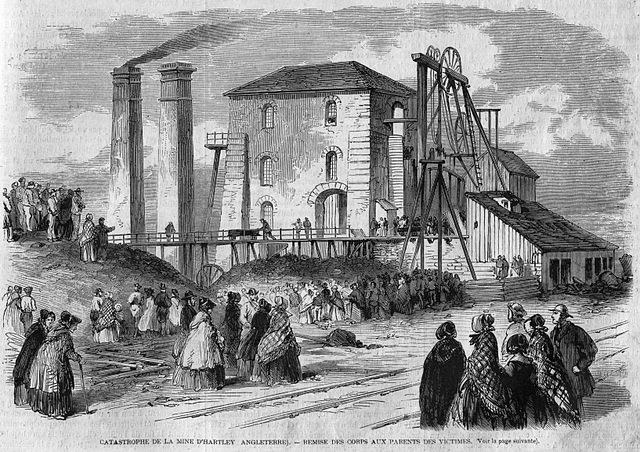
Co-Curate Page
Hartley Colliery Disaster, 1862
- Overview About the Disaster On the 16th January, 1862, 204 men and boys were killed in a mining accident at Hester Pit of Hartley Colliery. The massive beam of the pit's …
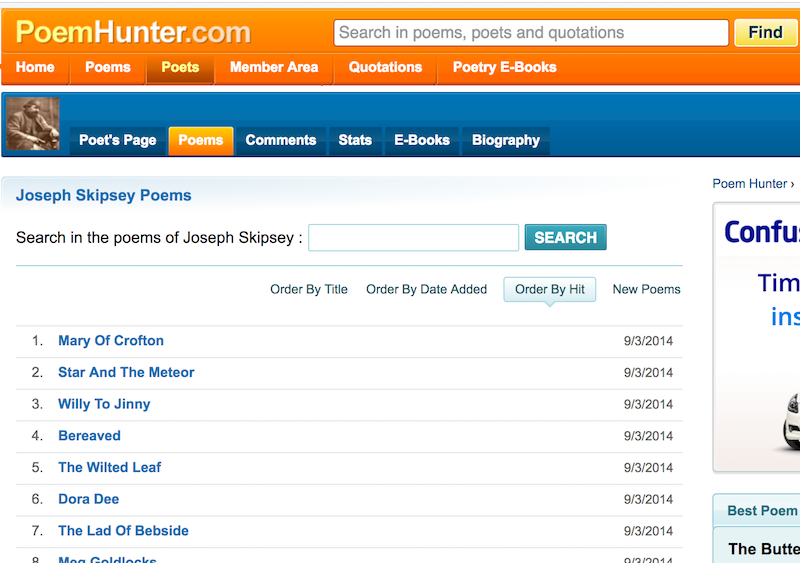
from https://www.poemhunter.com/jo…
Joseph Skipsey Poems
- Includes the texy of 159 poems by Joseph Skipsey!
Added by
Simon Cotterill

from https://commons.wikimedia.org…
Poportrait photograph of poet Joseph Skipsey c.1850s
- Public domain image c/o Wikimedia Commons.
Added by
Simon Cotterill

Co-Curate Page
Hartley Colliery Disaster, 1862
- Overview About the Disaster On the 16th January, 1862, 204 men and boys were killed in a mining accident at Hester Pit of Hartley Colliery. The massive beam of the pit's …

from https://www.poemhunter.com/jo…
Joseph Skipsey Poems
- Includes the texy of 159 poems by Joseph Skipsey!
Added by
Simon Cotterill
